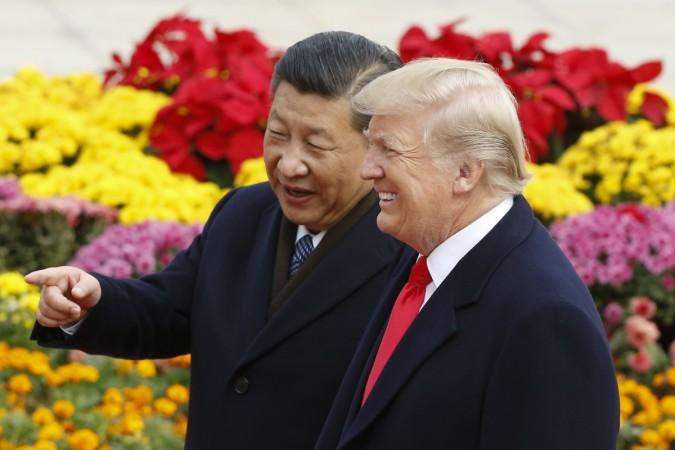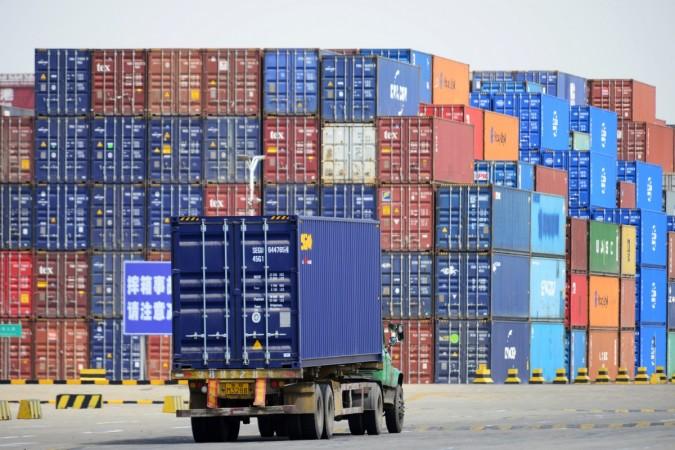
US President Donald Trump has hailed "the greatest and biggest deal ever made for our Great Patriot Farmers" after a partial trade deal with China. Under the deal, the US will suspend the threatened new tariffs on $250-billion imports from China. In return, Beijing will import US farm produce like soya products and pork worth $40-50 billion, media reports say.
While Trump has been vocal about the deal claiming US farmers may have to find new land to meet Chinese demand, Beijing has been, as would be expected, only indicated that 'substantial progress' had been made in trade talks. It did not confirm the proposal for additional farm imports from the US.
Though Washington has reason to be relieved now that the pressure from domestic farmers would ease, observers believe China retains the edge after the first round. The deal allows President Trump to lift trade-distorting subsidies to the tune of $12 billion he had offered to soothe the farmers who would have been hit by higher Chinese tariffs. However, Chinese President Xi Jinping may have gained more by the suspension of proposed higher tariffs on exports to the US worth $250 billion.
China perhaps gained much more than the US without yielding much ground as Trump's need to pacify the farmers was a byproduct of the whole trade war he ratcheted up. He had to revisit his original plan to impose additional tariffs to get out of a consequence of his own action, it is noted.
The key issues that triggered the Trump action like the differences over the intellectual property rights trade deficit and currency management remain unresolved.

"If you're China, you are pretty happy with the outcome," Arthur R Kroeber, founder of Beijing-based consultancy Gavekal Dragmomics, told the Wall Street Journal. "China's negotiating position has always been, the longer you can extend the talks the better."
The next few rounds will make it clear whether Xi or Trump is winning, but the first round has seen Xi gaining an edge. It is clear that there has been no knock-out so far and it is unlikely there is going to be one. The US administration retains the existing additional tariffs it imposed on Chinese imports, a report in Livemint said. According to President Trump, a bigger trade deal with China will come in three stages over the next several months.
The second stage will see discussions on more complex and difficult issues involving structural changes in Chinese trading and economic system as demanded the US has demanded.
So far, the US' barriers to accessing Chinese tech-companies, particularly to its telecom giant Huawei, have been separated from the tariff and market access talks that the USTR Ambassador Robert Lighthizer has been conducting. But, at some point, the tech-related issues raised by China will find their way into the negotiations involving market access and structural issues in the Chinese trading system as sought by the US. Trump is hopeful there would be substantial progress by the time he meets Xi for the Asia Pacific Economic Cooperation summit in China in mid-November.

















